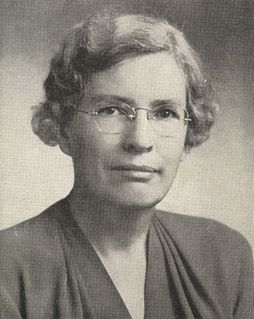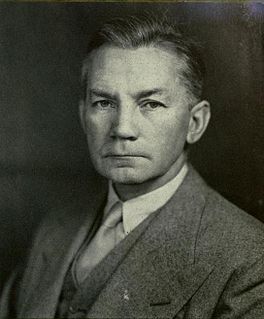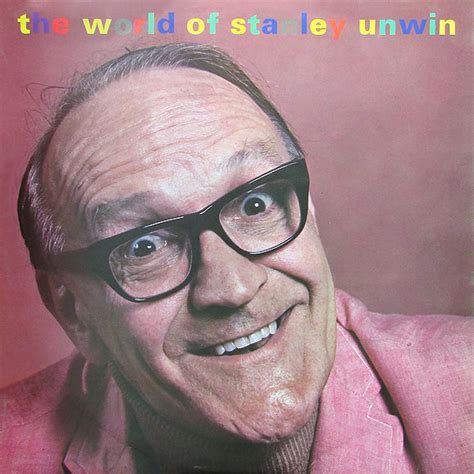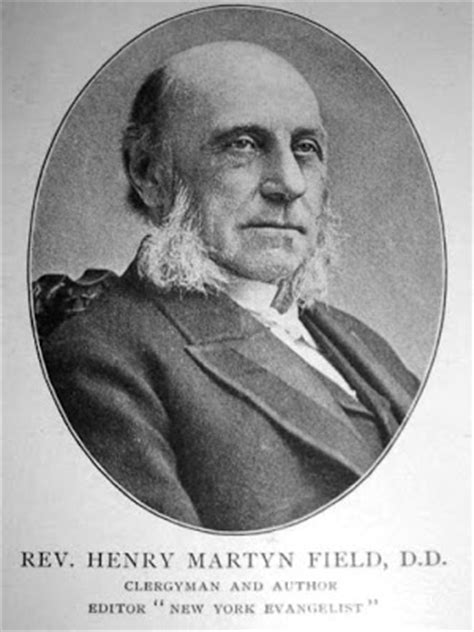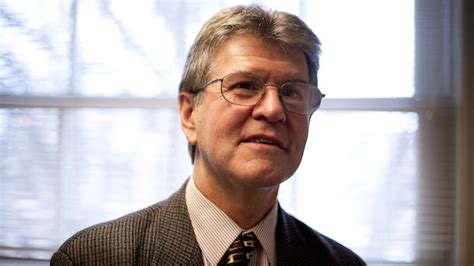A Quote by Georgia Harkness
The perpetual danger which besets religion is that it may substitute gentility and aestheticism for prophetic insight and power.
Related Quotes
We may as well face it: the whole level of spirituality among us is low. We have measured ourselves by ourselves until the incentive to seek higher plateaus in the things of the Spirit is all but gone (We) have imitated the world, sought popular favor, manufactured delights to substitute for the joy of the Lord and produced a cheap and synthetic power to substitute for the power of the Holy Ghost.
Art is not a substitute religion: it is a religion (in the true sense of the word: 'binding back', 'binding' to the unknowable, transcending reason, transcendent being). But the church is no longer adequate as a means of affording experience of the transcendental, and of making religion real - and so art has been transformed from a means into the sole provider of religion: which means religion itself.
It makes that a virtue which is not a virtue, and that a crime which is not a crime. Religion consists in a round of observances that have no relation whatever to natural goodness, but which rather exclude it by being a substitute for it. Penances and pilgrimages take the place of justice and mercy, benevolence and charity. Such a religion, so far from being a purifier, is the great corrupter of morals.
Today (1950), the hatred of the Moslem countries against the West is becoming hatred against Christianity itself. Although the statesmen have not yet taken it into account, there is still grave danger that the temporal power of Islam may return and, with it, the menace that it may shake off a West which has ceased to be Christian, and affirm itself as a great anti-Christian world Power.
These, then, are the four kinds of royalty. First the monarchy of the heroic ages; this was exercised over voluntary subjects, but limited to certain functions; the king was a general and a judge, and had the control of religion The second is that of the barbarians, which is a hereditary despotic government in accordance with law. A third is the power of the so-called Aesynmete or Dictator; this is an elective tyranny. The fourth is the Lacedaemonian, which is in fact a generalship, hereditary and perpetual.
Religion appears in so many contexts in WW1. Religion shaped the national identities and ambitions of several of the key players, especially Germany and Russia, both of which defined themselves as messianic nations. In both countries too, secular elites delved deeply into apocalyptic and prophetic ideas, giving their nations a millenarian bent.
The easy confidence with which I know another man's religion is folly teaches me to suspect that my own is also. I would not interfere with any one's religion, either to strengthen it or to weaken it. I am not able to believe one's religion can affect his hereafter one way or the other, no matter what that religion may be. But it may easily be a great comfort to him in this life-hence it is a valuable possession to him.
